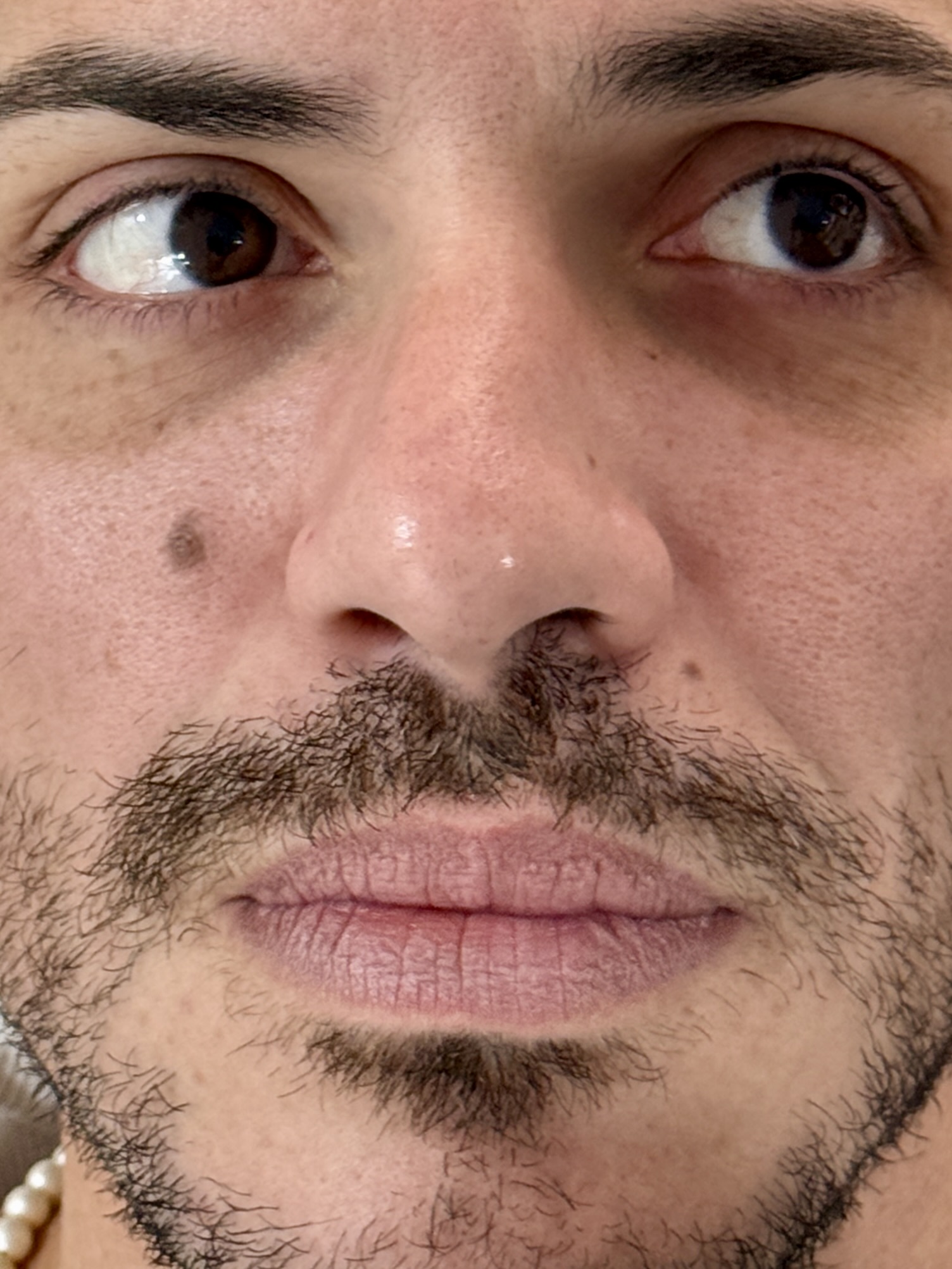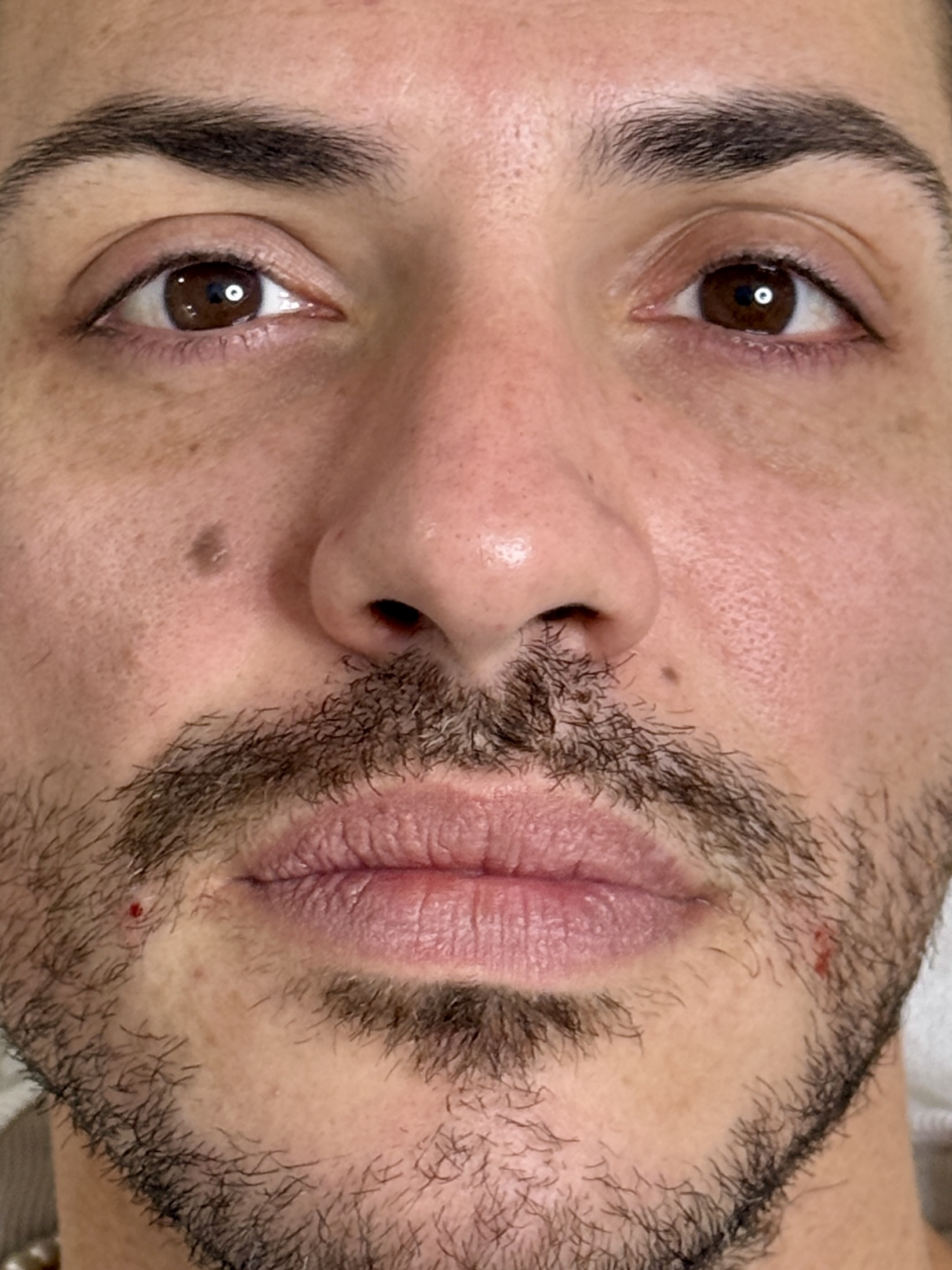Dermal Fillers
Restore volume, enhance contours, and achieve a naturally rejuvenated look
Precision treatments designed to smooth lines, define features, and restore facial balance with natural-looking results


What are dermal fillers
Dermal fillers are a non-surgical treatment that restore volume, enhance contours, and smooth lines and wrinkles.
Made with hyaluronic acid, they hydrate and support the skin while keeping a natural, soft feel. Fillers can define the cheeks, jawline, and chin, or soften folds such as nasolabial and marionette lines.
Results are immediate with minimal downtime, offering a subtle, refreshed appearance tailored at The Langdon Clinic to maintain natural harmony.

Define features
Enhance facial structure by adding definition to areas such as the cheeks, jawline, and chin. This treatment restores lost volume, improves symmetry, and refines contours for a more sculpted yet natural appearance.

Fill in creases
Fillers effectively soften deep lines and folds, such as nasolabial folds and marionette lines, by restoring lost volume beneath the skin. This helps smooth wrinkles and rejuvenate the face while maintaining natural movement and expression.
Our Treatment Options
Whether you’re brand new or a seasoned expert, dermal fillers with us are no-brainer.
We offer a free consultation and several product options, the choice is yours.
Chin, Cheek, Jawline and Nasolabial from
£300
What’s included
Full aesthetics consult
Facial contour analysis
Up to 1ml of filler
Option to receive treatment same day
FAQs
How long do dermal fillers last?
Dermal fillers typically last between 6 to 18 months, depending on the area treated, the type of filler used, and individual metabolism. Regular maintenance can help prolong results.
Will my face look overfilled or unnatural?
No. At The Langdon Clinic, treatments are designed to enhance natural facial contours rather than drastically alter appearance. The focus is on balance and proportion for subtle, refined results.
Is the procedure painful?
Most dermal fillers contain a built-in anaesthetic, and a numbing cream can be applied before treatment to minimise discomfort. Patients typically experience only mild pressure or a slight pinching sensation.
What Our Clients Say.
Verified by:

